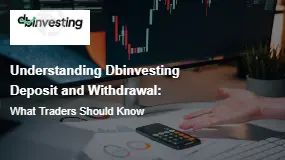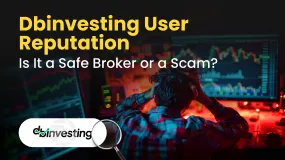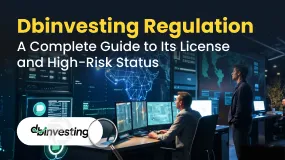Abstract:Before diving into the forex market, it’s crucial to understand its mechanics, risks, and profit potential. Without a clear grasp of how forex operates, you risk losing money instead of making it. Here’s a concise breakdown to help you navigate this dynamic financial market.

Before diving into the forex market, it‘s crucial to understand its mechanics, risks, and profit potential. Many traders jump in, lured by stories of quick wealth, only to realise that success requires knowledge, strategy, and discipline. Without a clear grasp of how forex operates, you risk losing money instead of making it. Here’s a concise breakdown to help you navigate this dynamic financial market.

The foreign exchange (forex or FX) market is the largest financial market in the world, with a daily trading volume exceeding $7 trillion. Unlike stock markets that trade on centralised exchanges, forex operates over-the-counter (OTC), meaning currencies are traded electronically across global financial centres. Participants include banks, hedge funds, corporations, governments, and retail traders. Trading takes place 24 hours a day, five days a week, as major financial hubs in London, New York, Tokyo, and Sydney overlap.
Forex trading involves buying one currency while simultaneously selling another. Currencies are quoted in pairs (e.g., EUR/USD, GBP/JPY), where the first currency is the base, and the second is the quote. If a trader believes the base currency will strengthen against the quote currency, they buy the pair; if they expect it to weaken, they sell.
Trades are executed through brokers or trading platforms, often with leverage—a tool that allows traders to control larger positions with a fraction of the capital. However, leverage amplifies both potential gains and losses, making risk management essential.

Forex brokers make money in several ways. Most charge a spread—the difference between the bid (buy) and ask (sell) price. Some also charge commissions per trade or profit from traders' losses through a dealing desk model.
On the other hand, retail traders aim to profit from price fluctuations by speculating on market movements. Successful traders rely on technical analysis (charts and indicators), fundamental analysis (economic events and news), and risk management strategies. However, due to market volatility and high leverage, many retail traders lose money rather than turn a profit.

The forex market itself is not a scam. In fact, contrary to general beliefs, it is a legitimate financial marketplace. However, due to its decentralised nature, it has attracted scams in the form of fraudulent brokers, Ponzi schemes, and misleading ‘get-rich-quick’ trading courses. The key to staying safe is choosing a well-regulated broker (licensed by the FCA, CySEC, or another reputable authority) and avoiding unrealistic profit promises.
Forex trading offers vast opportunities, but it is not a shortcut to wealth. Education, strategy, and risk management are vital for success. Before risking real money, traders should practise on demo accounts and understand the markets complexities. With the right approach, forex can be a rewarding endeavour, but only for those who treat it with the respect and knowledge it demands.













